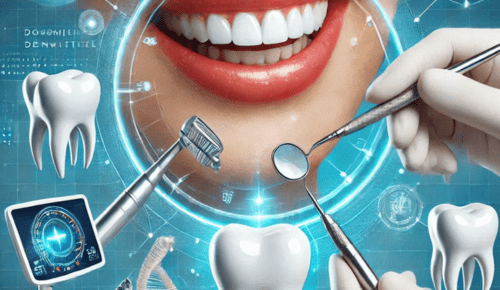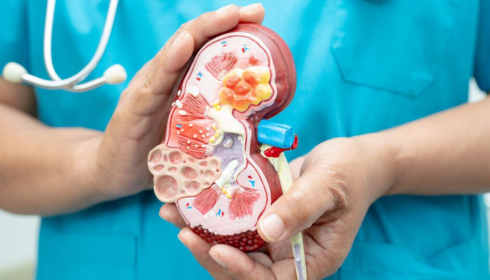
Understanding Preventive Care: The Role of Your Family Dentist
Preventive care is crucial for maintaining good oral health. A key player in this journey is your family dentist. This trusted professional offers the first line of defense against dental problems. Through routine check-ups, they can spot early signs of issues like cavities and gum disease. Regular visits help keep your teeth and gums in top shape. The family dentist ensures that small problems do not turn into bigger, more painful ones. They provide guidance on daily habits, such as brushing and flossing, which are essential for a healthy mouth. Another benefit is the personalized care they offer to each family member, from children to adults. This focus on prevention can save time, money, and discomfort in the long run. Understanding the role of your family dentist in preventive care can lead to better oral health and a brighter smile for everyone.
The Importance of Routine Check-ups
Routine dental check-ups are the cornerstone of preventive care. They allow the dentist to detect and address potential problems early, often before symptoms arise. According to the Centers for Disease Control and Prevention, regular dental visits can reduce the risk of cavities, gum disease, and more serious oral health issues. For children, these check-ups can guide proper dental development and instill lifelong oral hygiene habits.
Services Offered by a Family Dentist
Your family dentist provides a range of services aimed at maintaining oral health. These include:
- Cleanings: Professional cleanings remove plaque and tartar that regular brushing cannot.
- Exams: Comprehensive exams help spot early signs of decay or disease.
- X-rays: These are used to detect issues not visible during a regular exam.
Through these services, your family dentist helps prevent the need for more intensive treatments down the line.
Comparison of Preventive vs. Reactive Dental Care
| Aspect | Preventive Care | Reactive Care |
| Focus | Prevention of issues | Treatment of existing issues |
| Cost | Generally lower | Can be higher due to complex treatments |
| Comfort | Non-invasive and routine | May involve discomfort |
Encouraging Healthy Habits
A family dentist is not only focused on immediate care but also on instilling good habits. They teach proper brushing and flossing techniques and recommend fluoride treatments and sealants when needed. The American Dental Association highlights the importance of fluoride in strengthening tooth enamel and preventing decay.
Personalized Care for All Ages
Family dentistry caters to the diverse needs of each family member. Children require different care than adults, and seniors may face unique challenges such as gum recession or dry mouth. A family dentist understands these differences and tailors care accordingly. They create a welcoming environment that makes dental visits a positive experience for everyone.
Long-term Benefits of Preventive Care
The benefits of preventive care are both immediate and long-lasting. By keeping teeth and gums healthy, you reduce the risk of painful and expensive treatments in the future. Good oral health also contributes to overall well-being. Studies show a link between oral health and conditions like heart disease and diabetes. Thus, taking preventive measures today can have a positive impact on general health.
In conclusion, the role of your family dentist is central to preventive dental care. Regular visits, combined with proper oral hygiene at home, pave the way for a lifetime of healthy smiles. Embracing these practices can lead to a healthier, happier family, free from the stress of unexpected dental issues. Remember, prevention is always better than cure. Make your next appointment with your family dentist and take the first step towards optimal oral health.



